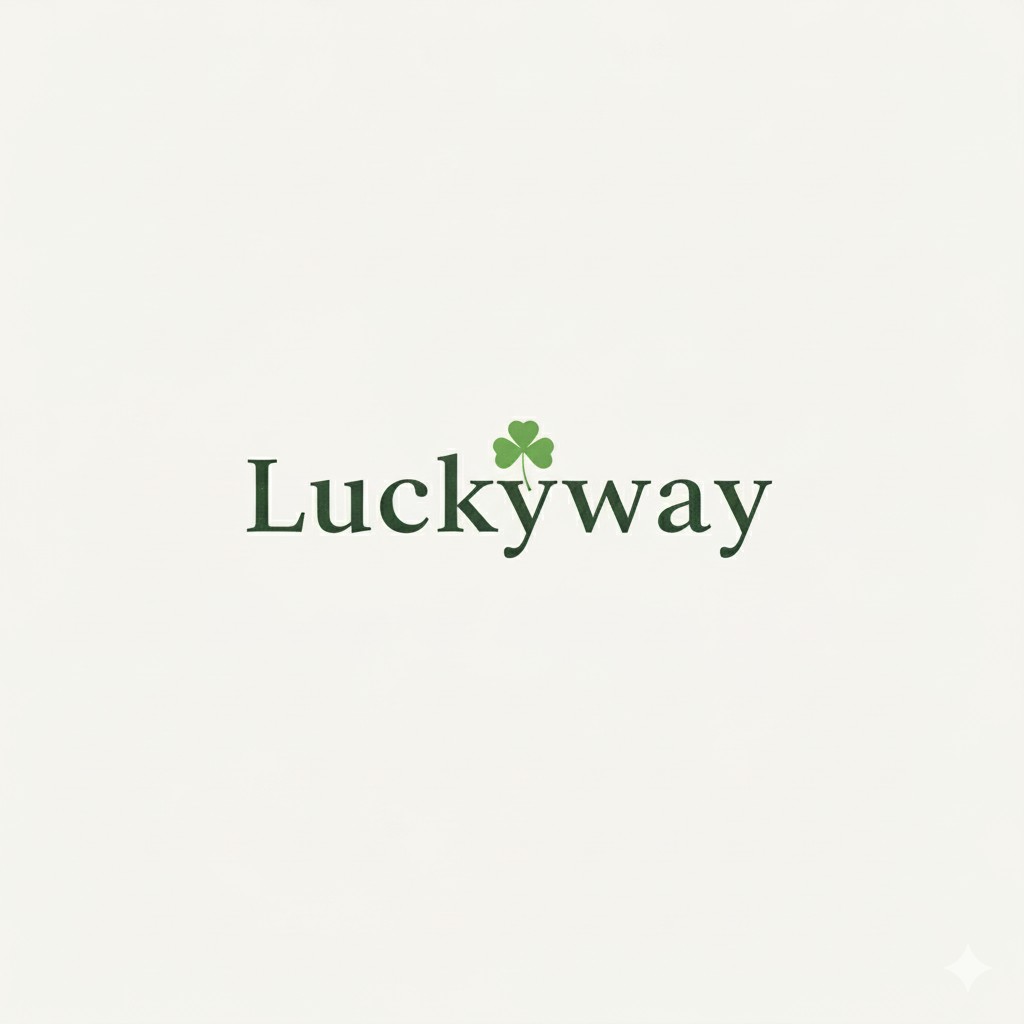In everyday life, we often hear people say: “I’m so lucky!” or “This is my lucky day.”
But if we pause and really ask — what does “Lucky” mean? — we’ll realize it’s more than just a casual expression.
1. The Dictionary Definition of Lucky
In English dictionaries, Lucky is usually defined as:
- Being fortunate or benefiting from a positive event by chance.
- Having good luck or favorable outcomes.
In other words, Lucky can describe both people and situations. For example:
- She is a lucky girl.
- It was a lucky coincidence.
2. Word Origins
The word “Lucky” comes from the Old English luck, which itself originated from the Middle Dutch luc, meaning “fortune” or “good chance.”
Over time, in European languages, the term evolved to emphasize the positive side of fate rather than its inevitability.
That’s why in English, there’s a subtle difference:
- Fate suggests inevitability and destiny.
- Luck feels more like a gift of chance.
3. Lucky in Different Cultures
The meaning of “Lucky” varies across cultures:
- In Western culture, luck is often linked to random opportunities. Finding a four-leaf clover, crossing paths with a black cat, or winning the lottery are considered lucky moments.
- In Chinese culture, luck (运气, yùnqì) is not just a momentary event, but a long-term flow. Expressions like “时来运转” (fortune turns with time) show that luck is tied to destiny and timing.
- In Japanese culture, luck is often associated with mascots or talismans, such as the beckoning cat (maneki-neko), daruma dolls, or omamori charms, which are believed to attract good fortune.
4. The Psychology of Lucky
From a psychological perspective, luck is not only about external events — it’s also shaped by how we think.
Psychologist Richard Wiseman found that people who consider themselves “lucky” tend to notice opportunities more easily and take action. In other words, luck partly comes from mindset.
For example:
- In the same situation, a pessimistic person may only see risks, while someone who believes in their own luck is more likely to spot possibilities.
- Over time, this mindset creates a real difference — the “lucky” people actually experience more positive outcomes.
5. Conclusion
So, when we try to Define Lucky, it’s not just about giving a dictionary-style explanation.
It is a word shaped by language, culture, and psychology.
Perhaps true luck is not merely a random gift from the universe, but rather the way you choose to see life.
🔑 Keywords
lucky, define lucky, lucky meaning, luck psychology, luck culture, 运气, 幸运
原创文章,作者:LuckyWay,如若转载,请注明出处:https://theluckyway.com/define-lucky%ef%bd%9cmeaning-origins-cultural-insights-and-psychology-of-luck/
